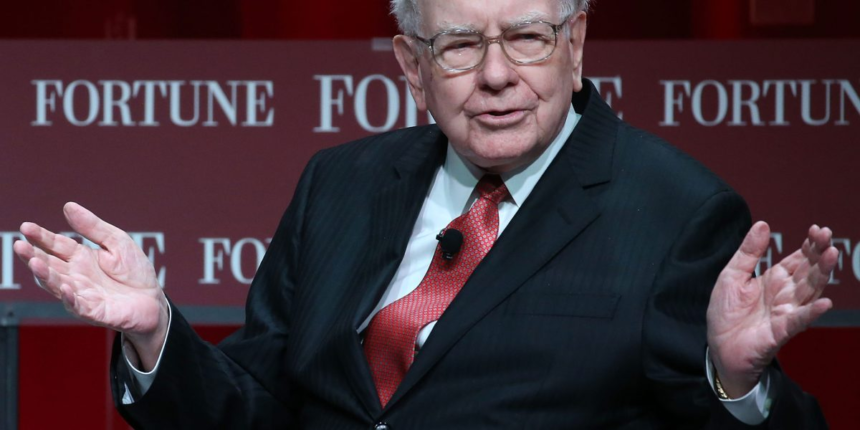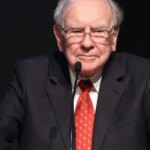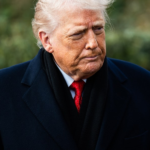Legendary investor Warren Buffett has a devoted following that closely tracks his stock moves, but he has consistently urged most people to do as he says and not as he does.
“Put 10% of the cash in short-term government bonds and 90% in a very low-cost S&P 500 index fund. (I suggest Vanguard’s.) I believe the trust’s long-term results from this policy will be superior to those attained by most investors—whether pension funds, institutions or individuals—who employ high-fee managers,” Buffett wrote.
The soaring popularity of passive investing in recent years, led by index funds, suggests that many Americans have indeed taken his advice to heart.
Still, Buffett’s stock moves are also closely watched, and Berkshire’s quarterly 13-F filings that reveal what he’s buying and selling often move markets, as investors look for possible clues on what to do with their own money.
On Saturday morning, before he dropped his bombshell that he wants Greg Abel to take over as CEO by year’s end, Buffett tacitly acknowledged that his investing activity for his Berkshire contrasts with his advice.
“We have made a lot of money by not wanting to be fully invested at all times, and we don’t think it’s improper actually for people who are passive investors just to make a few simple investments and sit for their life in them,” he told shareholders during a question-and-answer session at the annual meeting.
“But we made the decision to be in the business, so we think we can do a little better than that by behaving in a very irregular manner,” Buffett added.
He said trying to invest tens of billions of dollars every year “would be the dumbest thing in the world” because “things get extraordinarily attractive very occasionally.”
But he expressed confidence that an investing opportunity will come around in the coming years. “It’s very unlikely to happen tomorrow,” Buffett said. “It’s not unlikely to happen in five years.”








